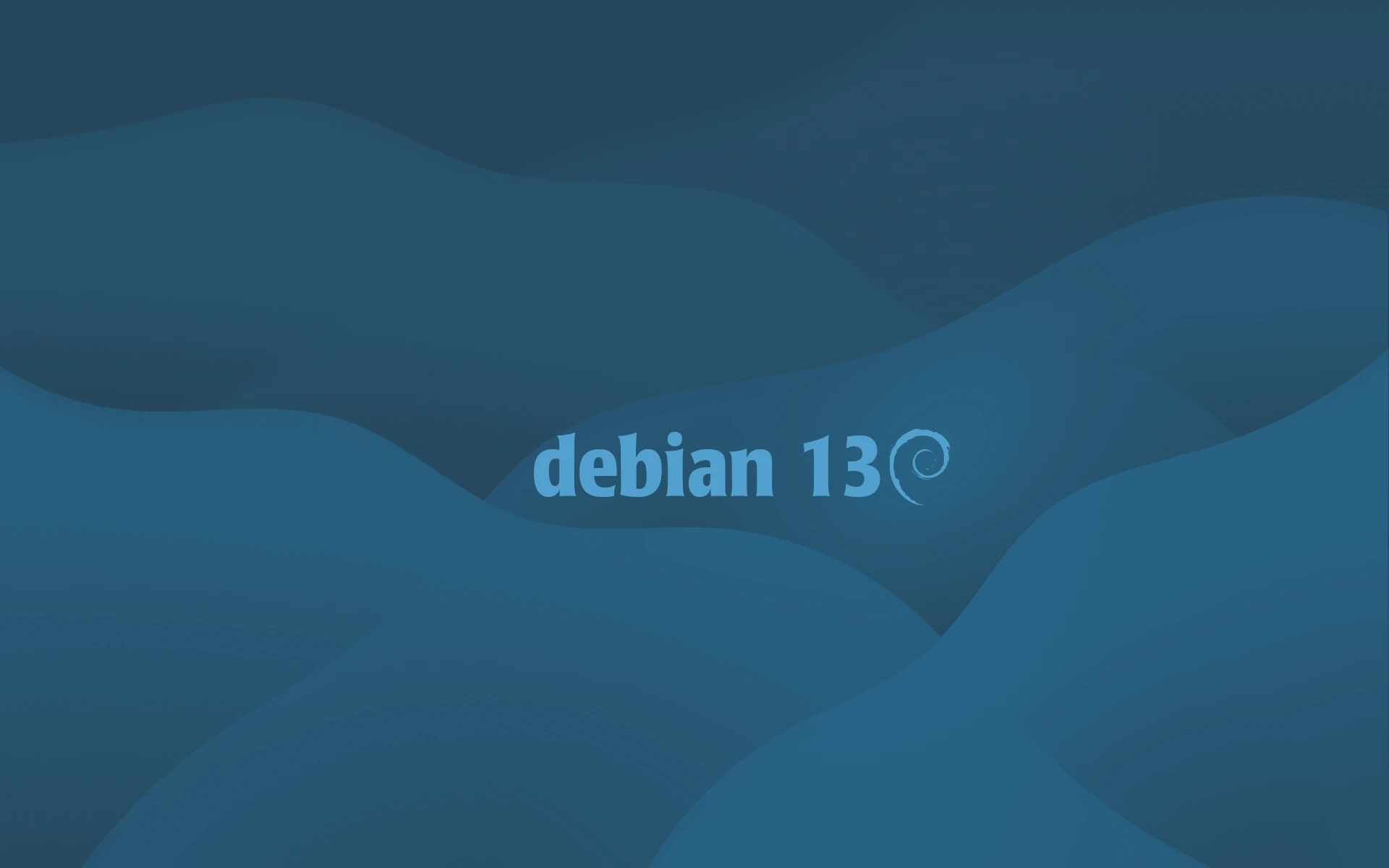The Debian Project has announced the release of Debian 13, codenamed "Trixie," a significant update that introduces various new features, enhanced components, and improvements after more than two years of development.
This new version supports the RISC-V 64-bit architecture and uses APT 3.0 as its default package manager. It comes with the long-term supported Linux 6.12 LTS kernel, providing updated drivers for modern hardware. Users can expect bug and security fixes for Linux kernel 6.12 LTS until December 2026.
Among the notable features of Debian 13 "Trixie" is the HTTP Boot support, which simplifies network installations. It also introduces a 64-bit time_t ABI transition for supporting dates beyond 2038, as well as support for HTTP/3 in cURL and the BDIC binary Hunspell dictionary. Improvements to manual page translations, spell-checking in Qt WebEngine browsers, and efforts towards ensuring byte-for-byte reproducibility of package builds have also been made. Additionally, the system now benefits from enhanced security measures against ROP and COP/JOP attacks on AMD64 and ARM64 architectures.
The "run0" privilege-escalator for systemd is another addition, allowing users to enter their password instead of the root password. The system automatically creates /tmp as a tmpfs and introduces the apt modernize-sources command to facilitate a transition from the old SourcesList format to the deb822 format.
Debian 13 supports a wide array of architectures, including 64-bit PC (amd64), 64-bit ARM (arm64), various ARM configurations, 64-bit PowerPC, RISC-V, and IBM System z.
Users can download Debian 13’s live images, which come pre-installed with a variety of desktop environments such as KDE Plasma 6.3, GNOME 48, and Xfce 4.20, among others. Installation images are available for all supported architectures from the official Debian CD image repository.
For those upgrading from Debian 12 "Bookworm," this process is straightforward and guided by official instructions. Debian 13 will receive regular point releases for bug fixes and security updates for five years, offering support until June 2030.
For more information and downloads, visit the Debian CD image repository.
